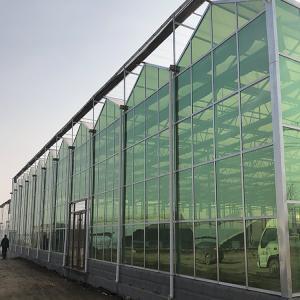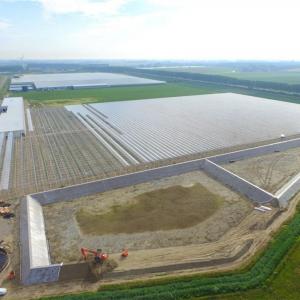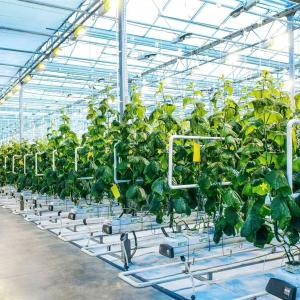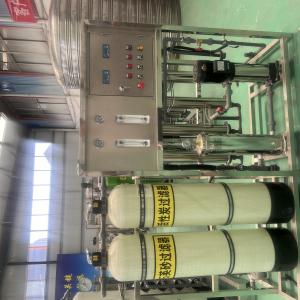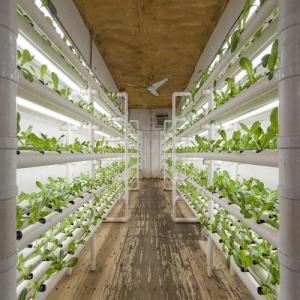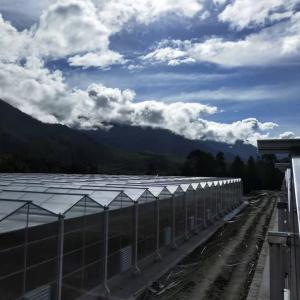Embracing Sustainable Agriculture with Shipping Container Greenhouses
Embracing Sustainable Agriculture with Shipping Container Greenhouses
In recent years, shipping container greenhouses have emerged as a game-changer in the realm of sustainable agriculture in the USA. These innovative structures provide a platform for eco-conscious farmers to engage in efficient and resourceful indoor farming practices. By repurposing shipping containers, which would otherwise go to waste, these greenhouses offer a sustainable solution to meet the growing demand for fresh produce while minimizing the environmental impact.
Unlocking the Potential of Controlled Environment Agriculture
Shipping container greenhouses facilitate the implementation of controlled environment agriculture (CEA) techniques. Through precise control of temperature, humidity, lighting, and other environmental factors, CEA enables optimized crop growth throughout the year, regardless of external conditions. This technology-driven approach ensures consistent yields, minimizes crop loss due to weather fluctuations, and reduces the need for harmful pesticides or herbicides.
The Advantages of Shipping Container Greenhouses
One of the primary advantages of shipping container greenhouses is their modular design. These structures can be easily customized and expanded, providing farmers with the flexibility to adapt to changing needs. Additionally, the mobility of shipping containers allows farmers to relocate their greenhouses if necessary, optimizing land use. Moreover, repurposing shipping containers significantly reduces construction costs, making it a cost-effective option for aspiring farmers and established agricultural businesses alike.
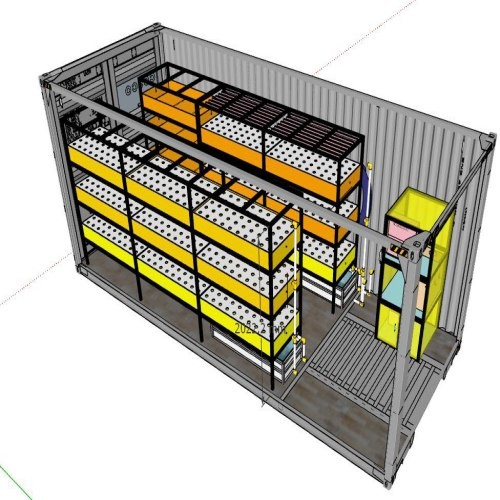
Environmental Benefits of Shipping Container Greenhouses
Shipping container greenhouses contribute to a greener future by reducing the carbon footprint of agricultural operations. By utilizing recycled materials and minimizing the need for land excavation, these greenhouses promote resource efficiency and conservation. Furthermore, advanced water management systems within the containers enable effective water conservation, while waste reduction practices ensure minimal environmental impact, making them an eco-friendly choice for sustainable farming.
Empowering Local Food Production and Food Security
Shipping container greenhouses play a vital role in empowering local food production and enhancing food security. By enabling year-round cultivation, these greenhouses facilitate the availability of fresh produce even in urban areas. Additionally, they provide opportunities for community-supported agriculture initiatives, allowing consumers to access locally grown, healthy food options. This localized approach not only reduces the reliance on long-distance transportation but also fosters a stronger connection between farmers and consumers.
Conclusion: A Sustainable Path to a Greener Future
The rise of shipping container greenhouses in the USA marks a significant shift towards sustainable agriculture and environmental stewardship. By harnessing technological innovation and repurposing shipping containers, these greenhouses offer a viable solution for resource-efficient farming practices. With their modular design, scalability, and eco-friendly features, they empower farmers to embrace a greener future while ensuring a consistent supply of fresh produce for local communities. As the popularity of shipping container greenhouses continues to grow, it paves the way for a more sustainable and resilient agricultural industry in the USA.
